While in 2012 Algeria made over 78 billion in revenue from oil, its average family lives on only a $400 a month budget.
This was one of the key aspects discussed by Dr. Nabil Boudraa as part of the panel during the Northern African Soiree event at the Campus Center on Nov. 4. Among the other presenting panelists was Dr. Jessica Hammerman, Central Oregon Community College assistant professor of World History and Dr. Amadou T. Fofana, associate professor from Willamette University.
The event helped shed light into the struggles Algerian people face and how the population has changed and shaped the nation’s history.
Hammerman discussed the vanishing of the Northern African Jews, how 40 years after arriving in 1870, Jews were given citizenship, but by 1940 their citizenship was revoked.
“The CREMIEUX DECREE was the french law that gave jews citizenship,” Hammerman said. “But as the world entered into war a second time and the Holocaust event began to spread, their citizenship was taken away.”
Among the other bullet points Hammermen discussed were the fact that imperialism was an act of violence, the colonization in Algeria was equally violent, and the reversal of a single law pushed Jewish-Algerians into a lower form of status.
During his presentation, Boudraa discussed the stark contrasts in the country of Algeria.
Boudraa being a native Algerian mentioned as well how relatively old, yet, young the country is and how traditions are intertwined with modernity.
“Algeria is a fairly young country,” Boudana said, “It was only in 1962 that Algeria became a sole nation-state and its the largest french speaking region in the world, yet, its not tied to France at all.”
As the country continues to evolve it faces many challenges still, with Barber-Algerians (which are the ethnicity group indigenous to North Africa west of the Nile River) erasing their history and choosing to not teach it in their schools.
“Unlike with the Unites States, Algerian timeline is not linear. We cannot trace our history by simply going back,” Boudraa said, “there are periods where it nearly disappears and then it comes back.”
Due to the new Islamic threat, nearly three million native-Algerians have left the country for safer zones like the United States, France and Canada. Even during a time of turmoil, the major population groups are relocating are using their “religion as a safety net for everyone,” according to both Fofana and Boudraa.
The takeaway exposed by all the panelist was to convey the message of resilience Algeria possess, and present to the students who attended the event that Algeria is rich in culture, history and traditions that go beyond what the eye can see.
The Broadside | Brayan Gonzalez
(Contact: [email protected])


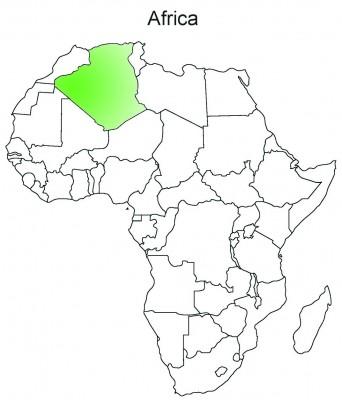






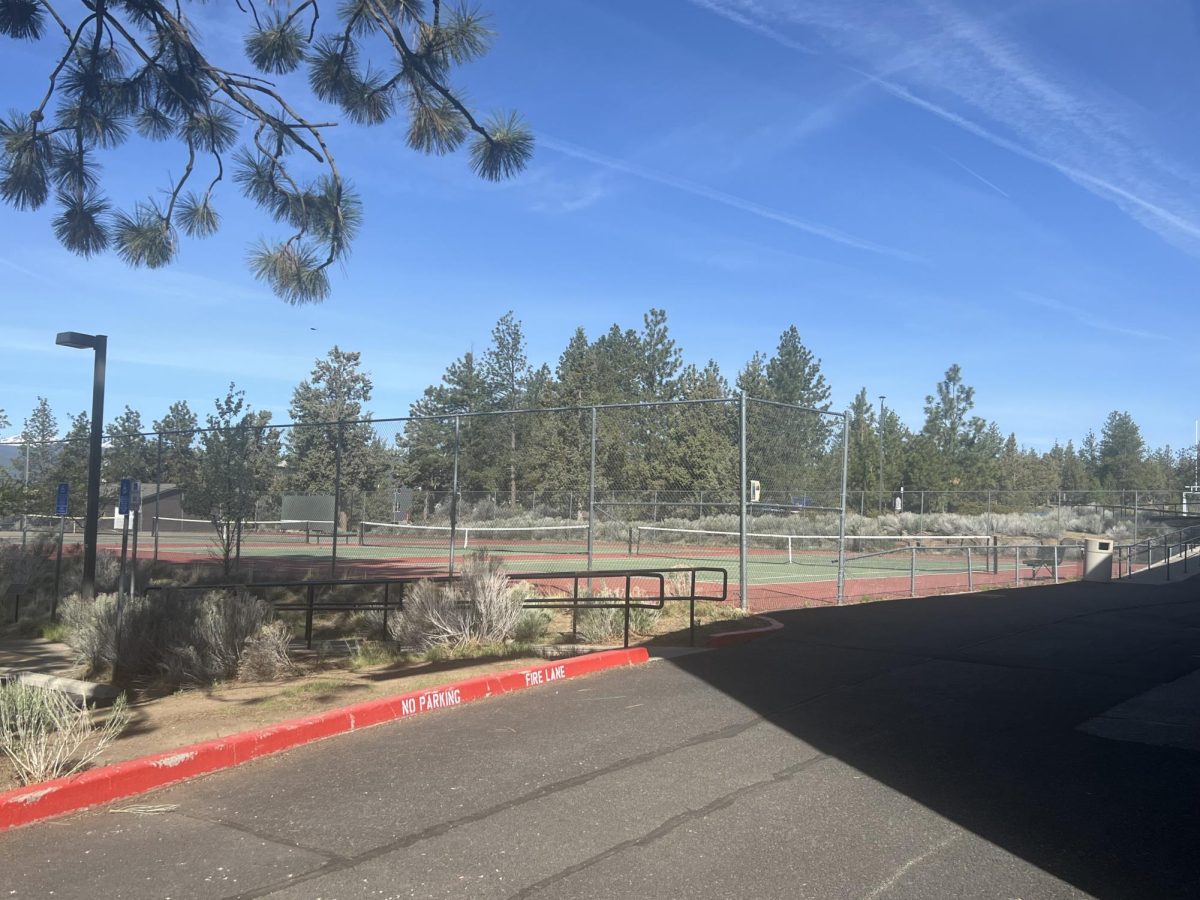

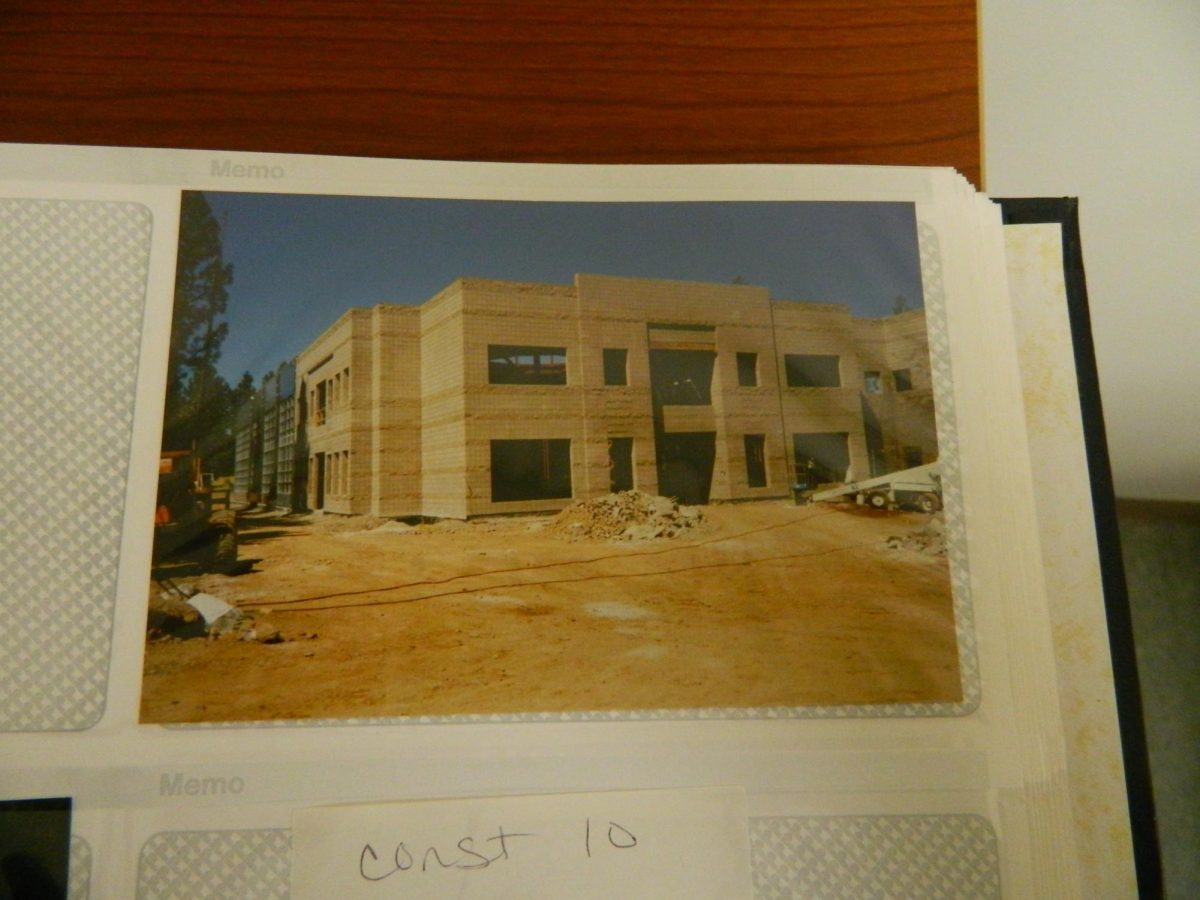
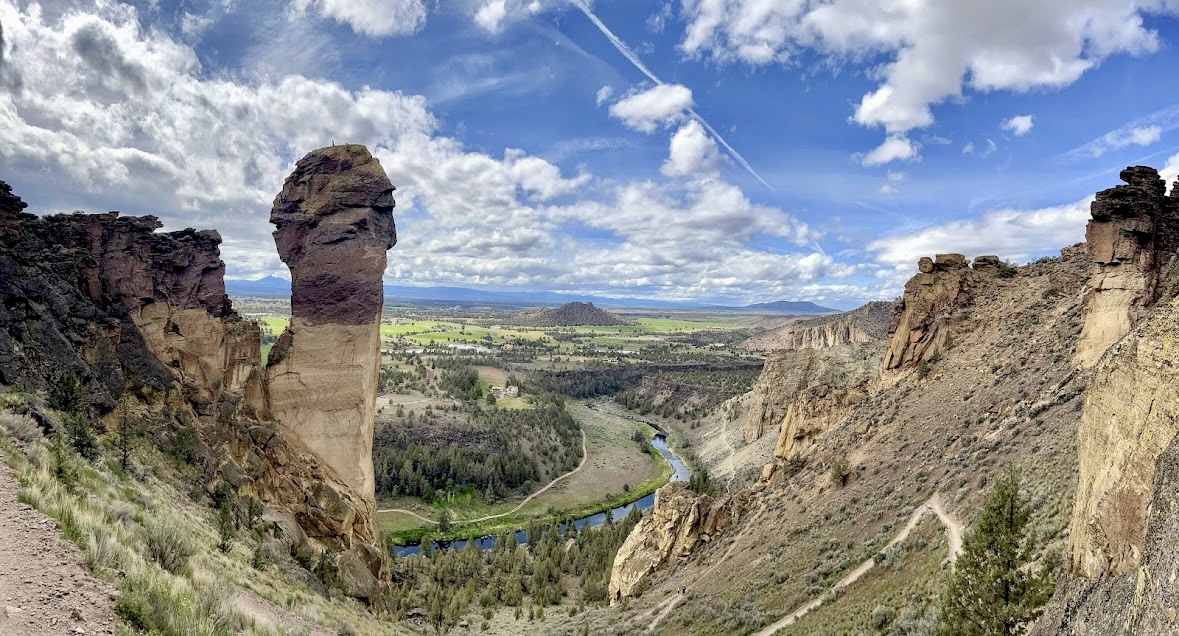
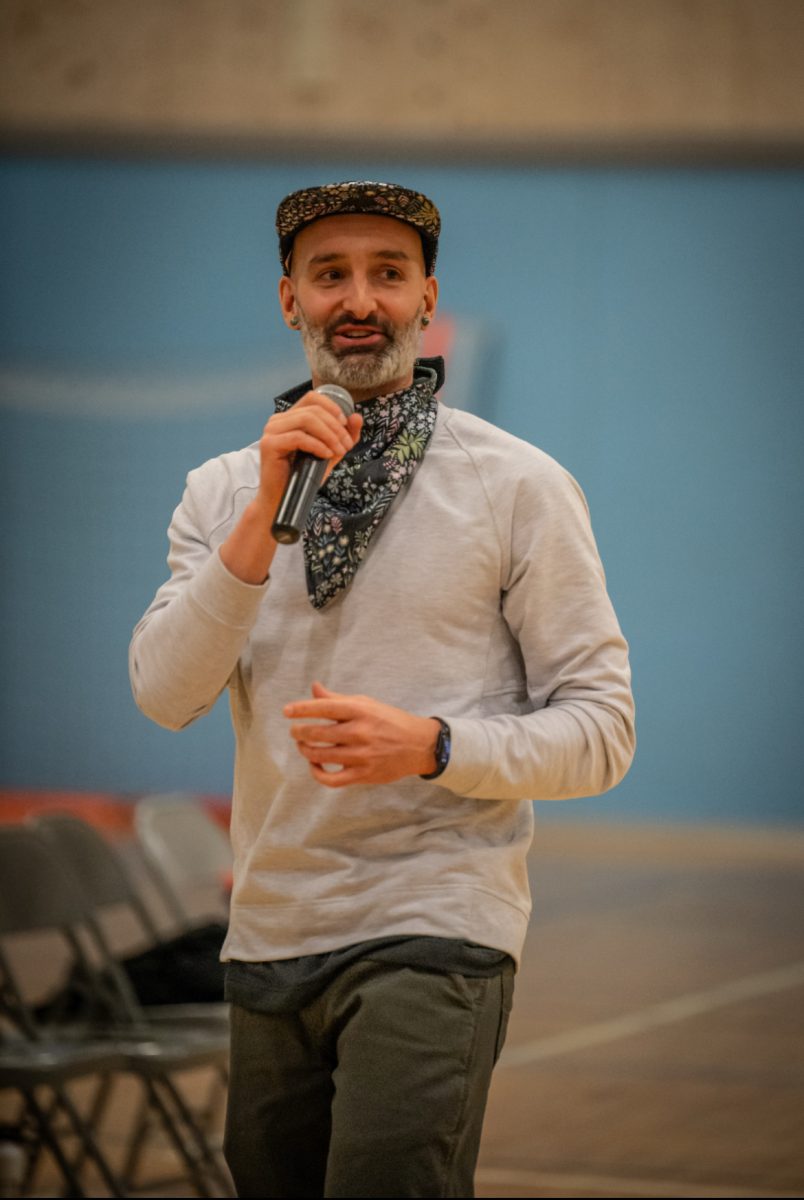

Lynell | Jun 2, 2016 at 11:24 pm
Actually I’ve taken the Chinatown bus to Philly a few times (not sure if it was Fung Wah). Back then in 2004 it really was riilcudously cheap, 20 bucks for a return ticket. Inflation must have hit them too.
Lynell | Jun 2, 2016 at 11:24 pm
Actually I’ve taken the Chinatown bus to Philly a few times (not sure if it was Fung Wah). Back then in 2004 it really was riilcudously cheap, 20 bucks for a return ticket. Inflation must have hit them too.